Resources
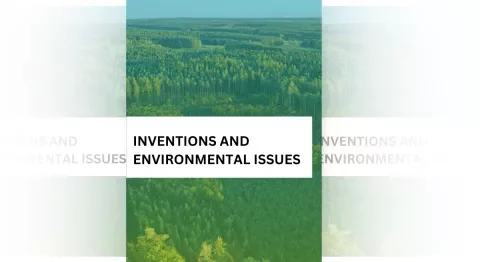
Patent and Human Rights: Inventions and Environmental Issues
The relationship between human rights and contributions to knowledge has been at the center of important debates over the past several years. The International Covenant on Economic, Social and Cultural rights is in many ways the most crucial legal instrument through which the relationship between the two fields can be examined. Firstly, it recognizes, for instance, the rights to health, food and technology, which are some of the rights whose realization can be affected in developing countries that adopt or strengthen intellectual property rights framework based on the commitments they take under the TRIPS (Trade related aspects of Intellectual Property Rights) or other intellectual property. Secondly, it recognizes at Article 15(1) C, the need to reward individuals and groups that make specific intellectual contributions that benefit society.
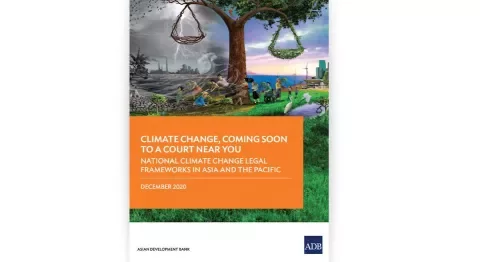
Climate Change, Coming Soon to a Court Near You: National Climate Change Legal Frameworks in Asia and the Pacific
Report 3 provides holistic syntheses of the climate legal and policy frameworks of 32 countries in Asia and the Pacific and discusses key legislative trends and climate-relevant constitutional rights.
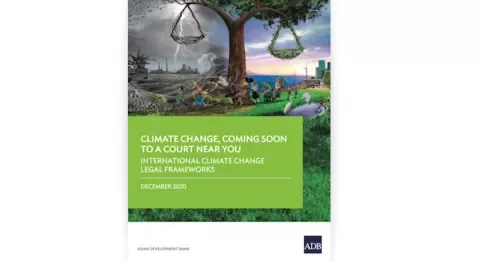
Climate Change, Coming Soon to a Court Near You: International Climate Change Legal Frameworks
Report 4 explores the Paris Agreement and the international legal framework that supports global and domestic climate action.
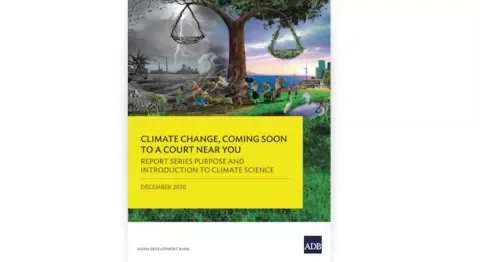
Climate Change, Coming Soon to a Court Near You: Report Series Purpose and Introduction to Climate Science
Report 1 guides readers through some of the basics about climate change as a defining challenge of our time. It further explains how judges from Asia and the Pacific contribute to climate governance and litigation.
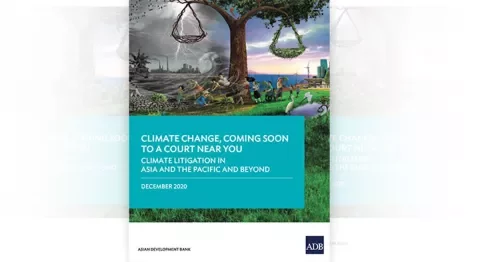
Climate Change, Coming Soon to a Court Near You: Climate Litigation in Asia and the Pacific and Beyond
Report 2 contains a comprehensive review of the growing number and variety of climate lawsuits in Asia and the Pacific. It underscores the unique flavor and voice of regional jurisprudence and compares it with global approaches.
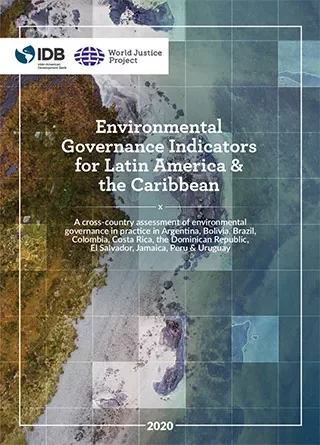
Environmental Governance Indicators for Latin America and the Caribbean
The Environmental Governance Indicators for Latin America and the Caribbean© represent the first-ever cross-country assessment of how environmental governance functions in practice.
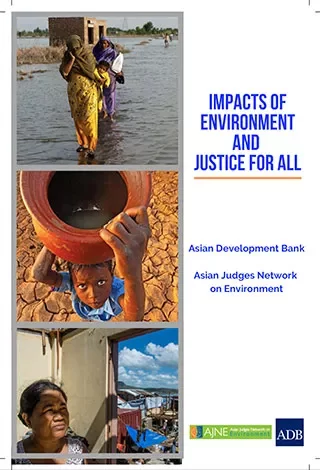
Impacts of Environment and Justice for All
The Impacts of Environment and Justice for All project addresses environmental justice and climate justice issues by developing the capacity of first instance, appellate, and Supreme Court judges in Asia to handle such cases.
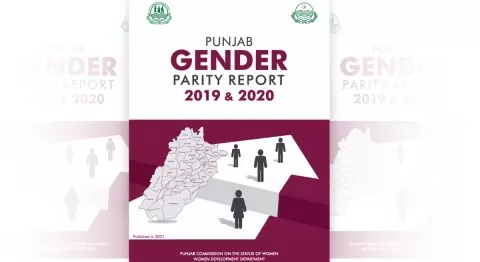
Punjab Gender Parity Report 2019/2020 (Pakistan)
The Punjab Gender Parity Report 2019/2020 illustrates a snapshot on the current status of women in 2019 and 2020, as against six (6) key thematic areas which are demographics and governance, health, education, economic opportunities, legal rights and violence against women.
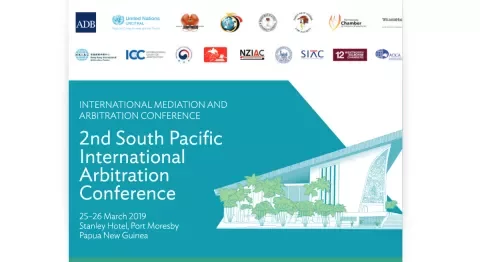
Second South Pacific International Arbitration Conference: Enhancing the Rule of Law & Increasing Business Confidence in a Globalized Economy
To raise awareness and discuss the positive development impact of international arbitration reform in the South Pacific, the Government of Papua New Guinea, ADB, UNCITRAL Regional Centre for Asia and the Pacific and other partners hosted the Second South Pacific International Arbitration Conference.
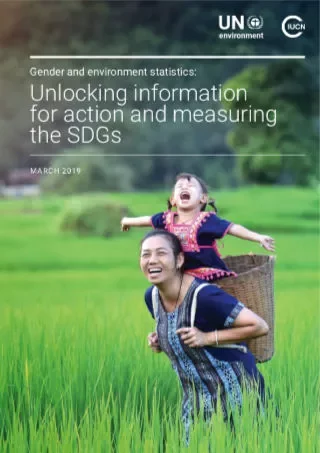
Gender and Environment Statistics: Unlocking information for action and measuring SDGs
This report first considers the current landscape of data at the gender-environment nexus. This report then outlines the key issues and associated indicators used for tracking and analysing those issues, organized around four priority areas.